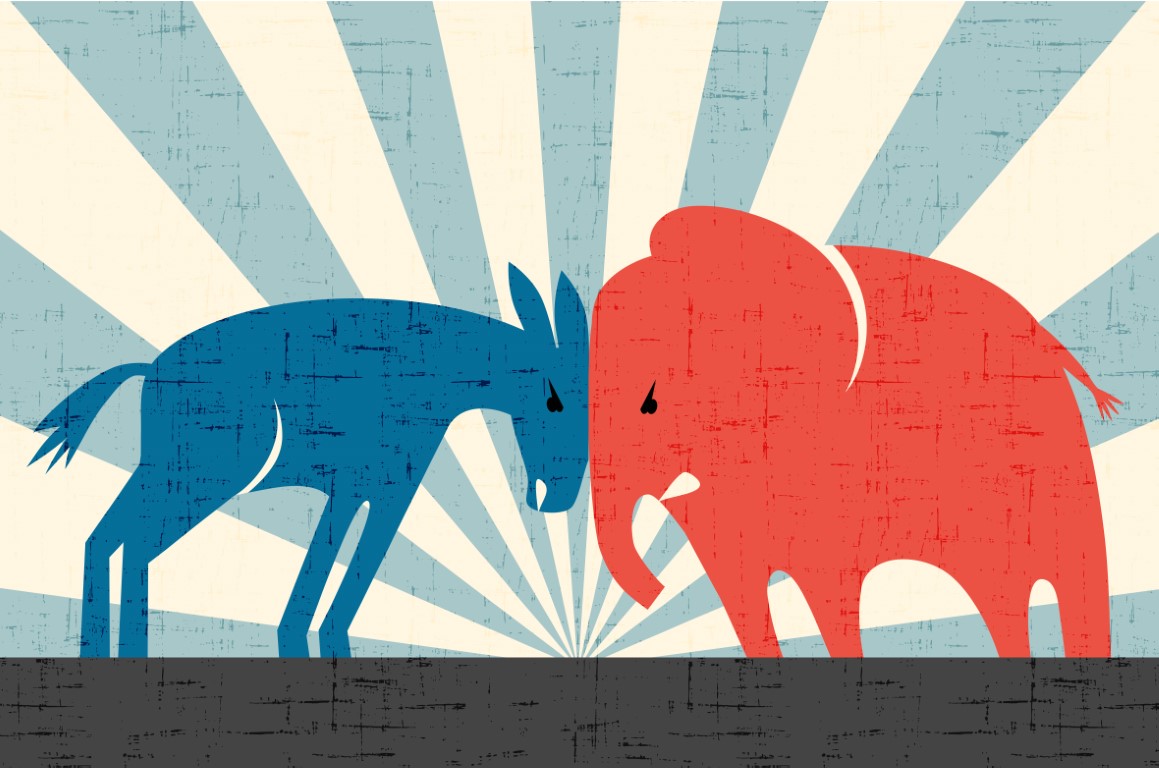
Hypocrisy and bloodshed in remembering the fallen
By Cazzy Lewchuk, Opinions Editor
This past weekend, we remembered the veterans who made sacrifices to protect civilians. I have absolutely nothing but admiration and respect for the men and women who work at great expense—including giving their lives—so that we may live in a freer world.
However, there is a particular, troubling illusion about war that has dominated North America for the past fifty years. It is that many wars are not only entirely justified, but necessary and continuous for a “free” society. War is no longer always a global conflict against absolute evil. It is an industry that provokes and necessitates invasions of other countries, killing soldiers and civilians on both sides. Frequently, the civilians are not Canadian or American. So hey, none of our people’s blood is being spilt, right? North America lives to fight another day!
This is not the case. We are killing our own soldiers and many more civilians in other countries for reasons of “freedom.” We are pouring billions of dollars into corporations that import bombs sold to other countries, who then use them to massacre children.
The military’s budget, troop count, and international presence have gone up exponentially in the last few decades. War is big business and a huge portion of the economy, both nationally and internationally. We, as a people. have a right to determine where our tax dollars go and how our country should behave in peacekeeping or war missions.
There are many cases in which invasion is justified. Organizations like ISIS really are enslaving towns and beheading innocents, and having soldiers holding them at bay is important. There are specific scenarios like Boko Haram kidnapping 300 young girls. Maybe we need to send the troops in to reclaim those lives, and to stop chapters like this from forming. The military will not get smaller, and their duties are no less needed. But their presence must be justified, not sent for economic reasons.
Military affairs are a complicated factor in international relations. There will always be a necessary component to it. There will always be the morally grey sense of responsibility that world leaders feel when they sign orders that will lead to the deaths of civilians.
New president-elect Donald Trump has repeatedly shown he does not understand foreign military affairs. Interestingly, he is less of a warmonger than his opponent, Hillary Clinton. He has argued for American isolationism. In doing so, he may actually reduce the military-industrial complex within his nation. On the other hand, he also argued for more countries to have nuclear bombs. Perhaps building weapons capable of vaporizing millions of people would benefit an economy in the short term. The US has spent a lot of money transporting and storing nukes.
We as a population need to demand better. Every year, we discuss how awful it is that veterans die in terrible wars. But we don’t discuss why these wars happen, or the awful truth that they pump billions of dollars into economies. The Canadian government made $10 billion off selling tanks to Saudi Arabia, which were used against their insurgents, as well as innocent Yemen citizens. Was it an easy choice for Trudeau to allow? No. Was it ultimately beneficial for Canada? In many ways, yes. Did the construction of these expensive tanks in Canada and the blood they spilled help protect us in living our free lives? That’s for you to decide.

